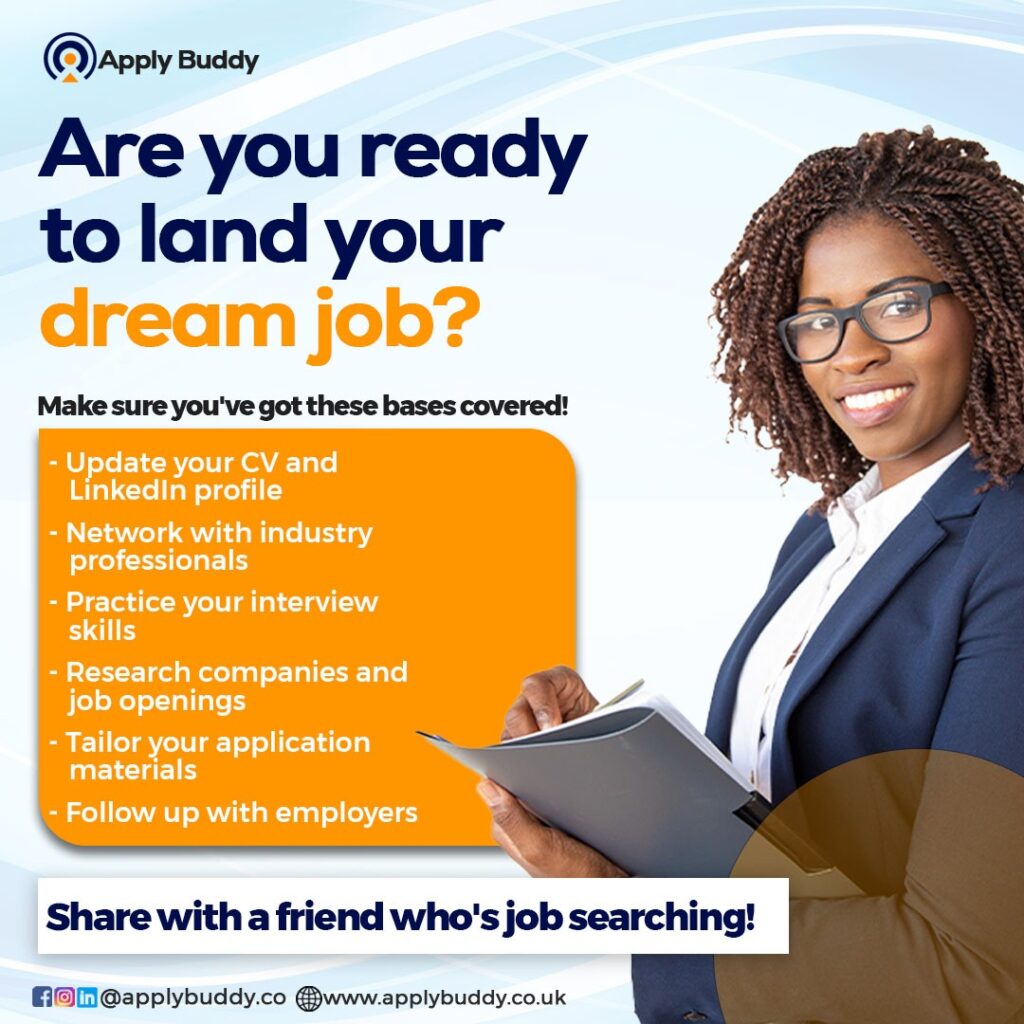Have you been invited for an interview? Do you need tips on how to ace the interview process? This article covers expert tips on how to prepare for behavioural interview questions and land your dream job.
Behavioural interview questions are one of the common interview questions you encounter during job interviews. These questions are used to learn about your past experiences and how you handle different situations. To answer these questions effectively, consider specific examples from your work or school that demonstrate your skills and abilities relevant to the role.
By referencing your experiences, you can create clear and concise stories that reflect your strengths. Practice narrating these stories to help you feel confident during the interview process. Remember, the goal is to show your recruiters how well you handle problems and work with others.
What are behavioural interview questions?

Employers use behavioural interview questions to assess your problem-solving skills, critical thinking, communication, and teamwork. These questions focus on how you have handled various situations and require you to tailor your answers to real-life experiences.
Employers use these questions to learn how your experiences and skills fit into the role and their company’s culture.
Types and Common Behavioural Interview Questions
Behavioural interview questions can be grouped into specific types, depending on the specific skills needed for the role. However, below are typical examples of behavioural interview questions:
- Teamwork: “Describe a time when you worked in a team. What was your role?”
- Conflict Resolution: “Tell me about a situation where you disagreed with a colleague. How did you handle it?”
- Leadership: “Can you share an experience where you took the lead on a project? What was the outcome?”
- Problem-solving: “Tell me about a time you made a mistake at work. How did you resolve the problem, and what did you learn from your mistake?”
- Time management: “Describe an occasion when you had to manage your time to complete a task. How did you do it?”
- Communication: “Give me an example of a time when you had to have a difficult conversation with a frustrated client or colleague. How did you handle the situation?”
- Motivation: “Tell me about a time you took the initiative in your career. What was your motivation for doing so?”
See also: Interview Preparation For Graduates with No Experience
How to Answer Behavioural Interview Questions Effectively

When answering behavioural questions, it is essential to prepare a clear structure. Using a specific method will help you articulate your responses confidently. Being concise is crucial, so focus on delivering your points without unnecessary details.
Reflect on your past experiences and structure your responses using the STAR method (Situation, Task, Action, Result). This approach helps you present clear answers that reflect your experiences and demonstrate your capabilities.
The STAR Method Explained
The STAR method is an effective technique for answering behavioural interview questions. It stands for Situation, Task, Action, and Result.
- Situation: Describe a specific problem you faced. Set the context.
- Task: Explain the task you need to accomplish. What was your goal?
- Action: Detail the actions you took to address the situation. Highlight your skills.
- Result: Share the outcome of your actions. Use numbers or facts to show impact.
An advanced way of implementing the STAR method is to include an extra R, Reflection. The STAR+R method shows the recruiter what you’ve learned from the situation and how you intend to handle such situations.
Using this method keeps your answers structured and easy to follow. Practice your responses in advance, ensuring they are concise and focused.
Examples of Interview Questions and Answers
Question: Describe a time when you worked in a team. What was your role?
- Situation: During a major data migration project, our team was tasked with transferring and validating customer data to a new database.
- Task: As a data analyst, I ensured the transferred data’s accuracy and integrity. I coordinated the IT department and ensured the data was clean and error-free.
- Action: I organised team meetings and supported members who needed to become more familiar with the new system. I created documentation and training materials to help the team understand the process.
- Result: The project was completed in two weeks ahead of schedule. The team’s collaboration led to a seamless migration with minimal disruption to business operations.
- Reflection: This experience highlighted the importance of teamwork and clear communication. Through collaboration, we were able to achieve outstanding results.
Question: Tell me about a situation where you disagreed with a colleague. How did you handle it?
- Situation: While working as a fraud analyst, I encountered a situation where a colleague and I disagreed on the severity of a potential risk in a financial transaction.
- Task: I was to ensure all potential risks were thoroughly assessed and mitigated.
- Action: I listened to my colleague’s perspective to understand his reasons and equally presented my concerns backed by evidence indicating a higher level of risk. I suggested an in-depth analysis involving a third party to review the case.
- Result: Further analysis confirmed my concerns, and we escalated the transaction for further investigation to prevent a potential fraud loss. My colleague appreciated my approach, and we could move forward without sentiments.
- Reflection: This experience reinforced the value of addressing disagreements professionally and objectively. By focusing on facts and collaborating towards a common goal, we were able to make a decision that benefits the organisation.
How to Prepare for Behavioural Interview Questions
Prepare for behavioural interview questions using these key steps. Follow these tips to increase your chances of success.
- Research the Company: Understanding the company’s values and culture is essential before interviewing. Spend time learning about the company. Check their website, social media, and recent news. This knowledge will help you tailor your answers.
- Review Common Questions: Practice common behavioural interview questions to help articulate your responses and build confidence. You can find common questions specific to the company Glassdoor or related websites.
- Use the STAR Method: When practising your answers, apply the STAR method to help structure your experience and align it with the skills needed for the role.
- Practice Your Responses: Rehearse your answers out loud to help you feel more confident during the interview. You can also practise with a friend or family member for feedback.
- Stay True to Yourself: It is easy to fabricate untrue experiences while crafting stories. However, ensure your answers reflect your actual experiences. Interviewers appreciate authenticity, and it makes your responses more relatable.
- Prepare Questions for the Interviewer: At the end of the interview, you will be asked questions, which is an opportunity to show your interest in the role and impress your recruiters. Consider a few questions to ask the interviewer about the role or the organisation.
See also: How to Answer Difficult Interview Questions
Behavioural Interview Mistakes to Avoid

When learning how to prepare for behavioural interview questions, be mindful of these common mistakes:
- Vagueness: Avoid giving vague answers. Ensure to use clear examples to reflect your skills and abilities. For instance, instead of saying, “I handled a situation,” say, “I dealt with a conflict between team members.”
- Not Using the STAR Method: Remember to implement the STAR (Situation, Task, Action, Result) method when considering a response. Structure your answers using this method, as it helps present your experiences.
- Overemphasising Personal Traits: While your skills matter, focus on your actions in past situations. Mention how you contributed to team goals rather than just stating your traits.
- Being Unprepared: Don’t go into the interview without preparation. Consider relevant experiences reflecting your skills and practise answering common behavioural questions beforehand.
- Neglecting Follow-Up Questions: Be ready for follow-up questions. If an interviewer asks for more details, provide them. Doing this shows you are engaged and can think on your feet.
- Sounding Negative: Avoid speaking poorly about past employers or colleagues. Frame your experiences positively. Focus on what you learned rather than the negatives.

Conclusion
In conclusion, preparing for behavioural interview questions is essential for effectively showcasing your skills and experiences. Focus on understanding the STAR method to structure your answers. Practice by reflecting on past experiences that highlight your strengths and achievements.
By preparing thoroughly, you can display confidence and authenticity during the interview. Remember, every question is an opportunity to demonstrate why you are the right fit for the job. Take these steps, and you will be ready to impress your potential employer.
FAQs on How to Prepare for Behavioural Interview Questions
1. What is the best way to structure answers for behavioural interview questions?
The STAR (Situation, Task, Action and Result) method effectively answers behavioural interview questions. This structured approach helps you present clear answers that reflect your experiences and demonstrate your capabilities.
2. How can I practice answering behavioural interview questions?
You can practice answering behavioural interview questions using these tips:
- Use the STAR+R Method: Practice structuring your answers with Situation, Task, Action, Result, and Reflection.
- Mock Interviews: Conduct practice interviews with friends, mentors, or career coaches.
- Prepare Examples: Reflect on your past experiences and prepare specific examples that highlight your skills and accomplishments.
- Record Yourself: Record and review your responses to identify areas for improvement.
3. What are the most common behavioural interview questions?
- Describe a time you faced a significant challenge at work. How did you handle it?
- Tell me about a time when you worked as part of a team. What was your role?
- Give an example of a situation where you had to solve a problem. What was your approach?
- Can you discuss a time when you had to manage multiple priorities? How did you manage?
- Describe a situation where you disagreed with a colleague. How did you handle it?
4. How do I handle difficult behavioural interview questions?
- Stay Calm: Take a moment to think before answering. It’s okay to pause briefly.
- Use the STAR+R Method: Structure your response clearly to address the Situation, Task, Action, Result, and Reflection.
- Be Honest: If you lack experience in a specific area, acknowledge it and focus on related skills or experiences.
- Practice and Prepare: Familiarise yourself with potential questions and rehearse your responses to build confidence.





